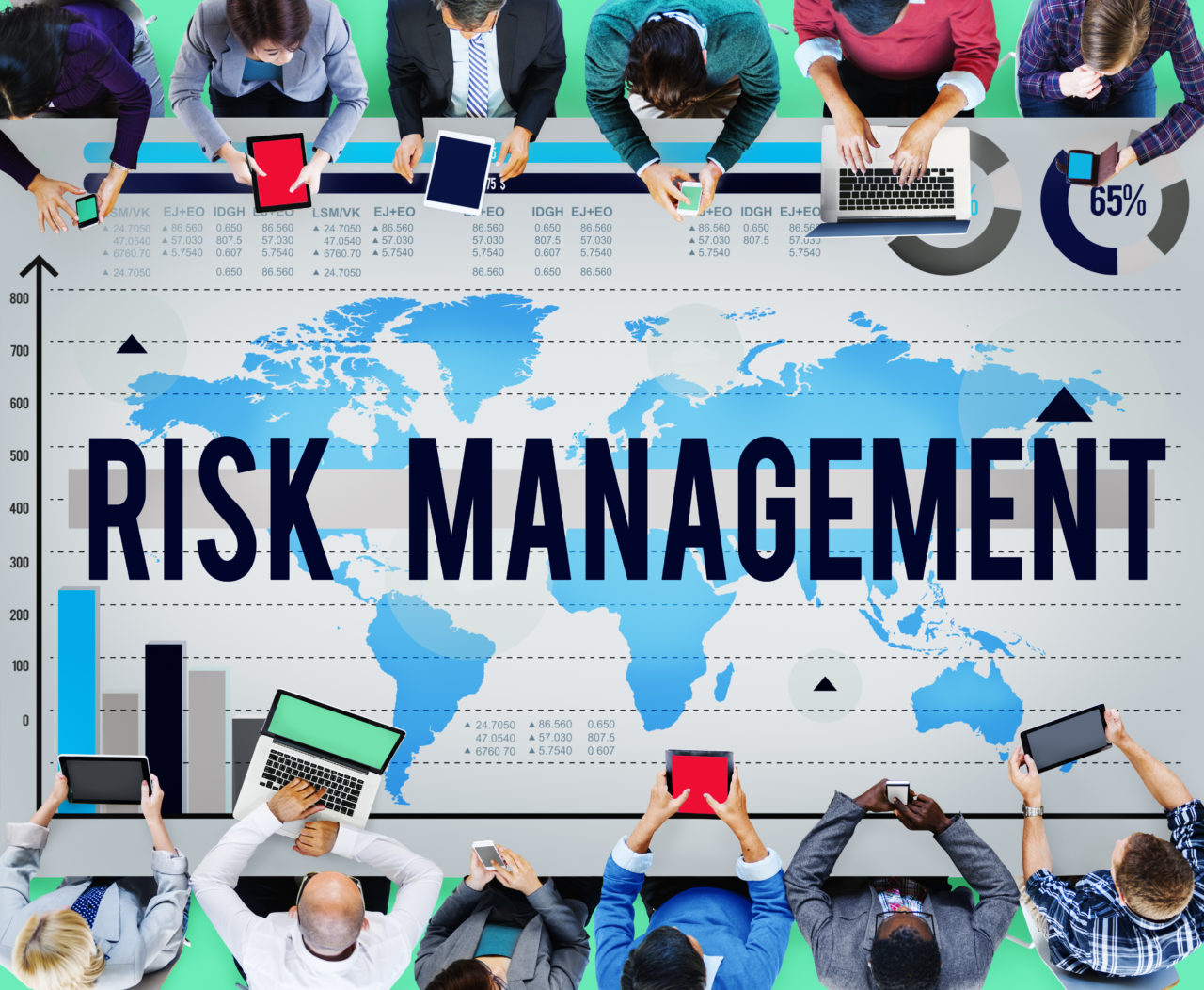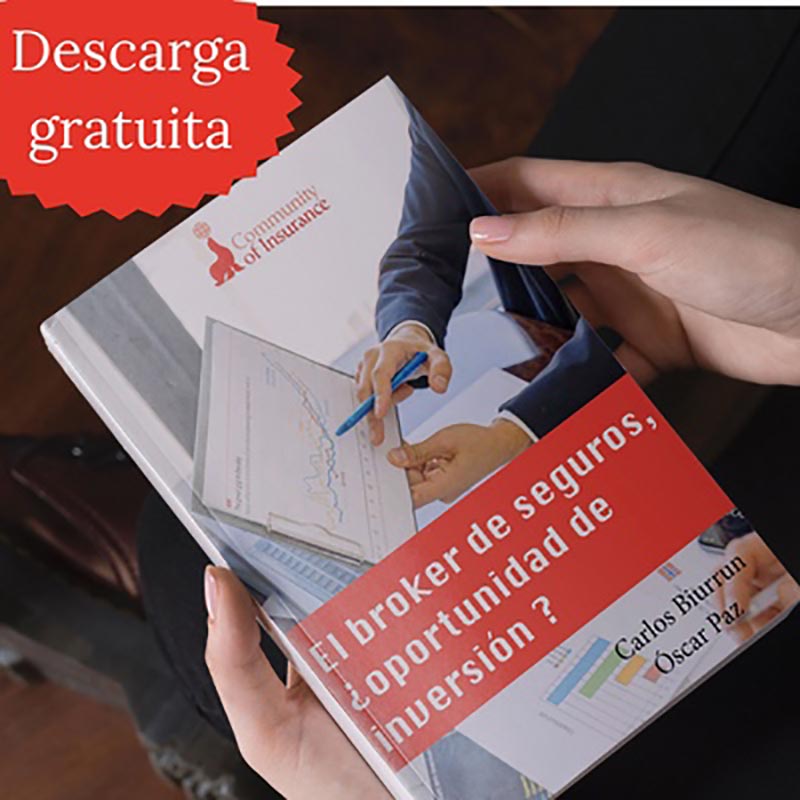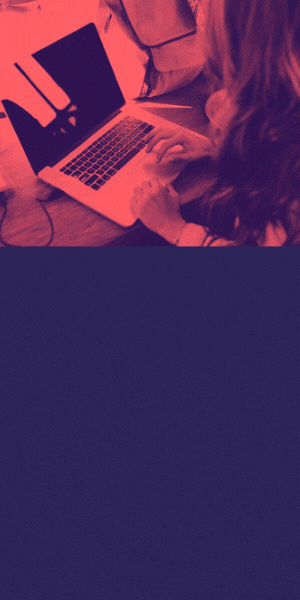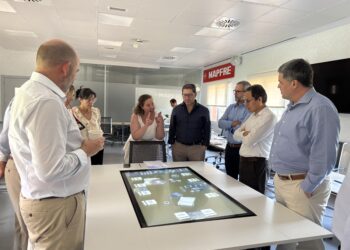Daniel Wagner, a world expert on country risk, will participate in the Excellence Forum that is being held in Lloret de Mar from June 8th to 11th. Mr. Wagner is the co-author of «Global Risk Agility and Decision Making», along with Dante Disparte.
Community of Insurance, Media partner of the Forum, has invited Mr. Wagner to answer some questions about global risks, and prevention measures.

Interview to Daniel Wagner, co- author of «Global Risk Agility and Decision Making»
P. You are the co-author, along with Dante Disparte, of the new book «Global Risk Agility and Decision Making», which advocates for new ways of thinking about man-made risks, such as cyber risk, climate change, and terrorism. Could you summarize what this book for us?
R. We decided to write this book because cyber-risk, climate change, and terrorism have become everyone’s problem – they are no longer someone else’s problem, half a world away. It is important for risk managers and decision makers to get out in front of these issues now. If we wait much longer, we will be in a perpetual state of reactivity, which will inhibit our ability to dictate how they will evolve in the future.
A core message of the book is that we must all begin to consider how we can change our thinking and our behavior vis-a-vis these issues. We must all become more cognizant of them and consider their impact on us individually, as well as collectively. Businesses need to change the way they address these issues from a risk management perspective, and leaders need to bring risk managers into the decisión making process more regularly in order to have the abiltiy to make informed decisions that will avoid and/or minimize future risks.
P. To what extent does economic globalization and a deregulated world have aggravated global risks?
R. Economics and polítics are inextricably linked, but so are a plethora of other variables, such as social, cultural, and environmental risks. The globalization process has served to emphasize how interconnected these variables are, but also, how much more vulnerable they make us, given that everything impacts everything else. Deregulation has contributed to this process by attempting to implement systemic change while the globalization process has become increasingly important – which means that it is has also served to enhance the potential impact of deregulation at the same time. Economic globalization has enhanced the need for deregulation, while at the same time limiting its potential effectiveness. The deregulation process is inherently challenging, but globallization has made its chances of success less likely.
P. You are proposing greater involvement of boards of directors, policy makers and others seeking solutions to increasingly dangerous risks, such as cyber risk, climate change and geopolitical risks. Do you think the public and private sectors are in sync in addressing these issues, and is a mixed public – private partnership the answer?
R. There is no way that either business or government will have all the resources, money, and capability to tackle these risks on their own. We say in the book that a significant part of the answer is forming public-private partnerships for each form of man-made risks facing us, combining comparative advantages and synergies. The challenge, of course, is to align needs, objectives, and capabilities, which is no small task. And yet, it has never been more important to do so. If business and government do not start to align themselves on this subject soon, it will only become more difficult to attempt to do so in future years.
P. Davos analyzes the global situation of risk once a year. To what extent do you think these meetings have an impact on solving the problems of prevention or anticipation of the risks?
R. Dialogue on issues of global significance is naturally critically important, but not just among CEOs and presidents – the opinions of individuals, civil society, middle management, and NGOs must be integrated, on an ongoing basis. The more viewpoints that can be included in the decison-making process, the better. These fórums have gained increasing importance with time. Davos, and fórums like it, make an important contribution to the problem-solving process, but the challenge is to keep them from turning into more of a networking event, and remain focused on the important issues they are meant to address.
P. What role should modern insurance companies play in facing the new risks posed by the 4th industrial revolution, such as cyber and climate risks?
R. Insurance is the ‘silent lubricant’ that enables so many things to happen. Without insurance, funds would not flow to business and projects, homes would be able to be purchased, and electricity would not flow to those homes. It remains to be seen to what extent the insurance industry will be able to be transformative in addressing climate change, cyber risk, and terrorism – given the enormity of these risks. The industry remains in an evolutionary state, in terms of its willingness and ability to respond, but it deserves credit for how quickly it has already developed products to attempt to address the risks in a meaningful fashion. Here again, private-public partnerships hold the key to unlocking the insurance industry’s true ability to make a difference in this arena. In the meantime, they should continue to innovate and break barriers.
P. To what extent, as it is happening in other economic areas, is the profile of risk managers changing, and what should their new skills be?
R. Risk managers have an unprecedented opportunity to influence the decisión making process in a range of organizations. As decisión makers come to realize that, in essence, all decisión makers are risk managers (and vice-versa), more of them will invite risk managers into the C-suite to become more integral partners in the decisión making process. As risk managers become more integrated, they will need more skills to go with it. If risk managers are to become corporate leaders, they must become what ‘risk agile’ – understanding a lot about the way the world works, and how their businesses fit into the big picture. They must be part political scientist, anthropologist, economist, sociologist, financier, accountant, environmentalist and psychologist — all at one time. It will be an evolutionary process.
P. Can you anticipate the main ideas you wish to share during your intervention at the Forum of Excellence?
R. I intend to focus on the importance of achieving risk agility in the era of man-made risk, which requires a change in orientation and focus, from everyone, in the 21st century. For the first time, natural risk is colliding with man-made risk, and the potential consequences for us, and future generations, is potentially staggering. We won’t achieve what needs to be achieved by sweeping the problem under the rug, or running the other way. Rather, we must meet them head on, and be prepared for battle.






